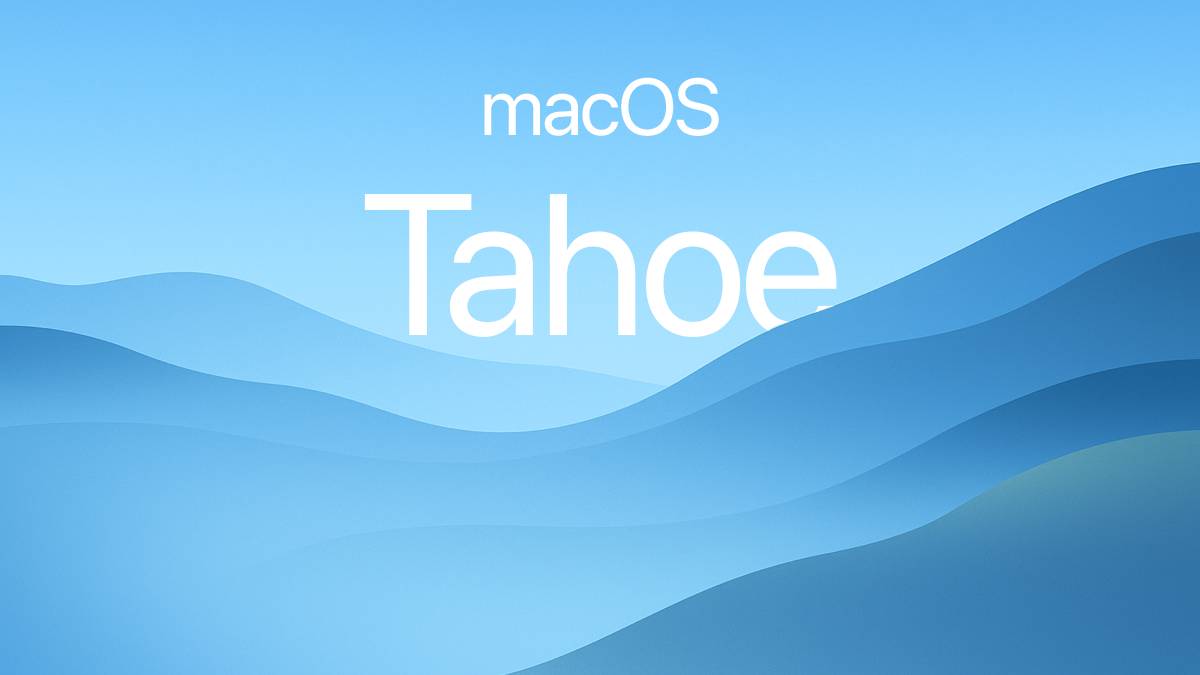I bought a used 2017 iMac Pro over a year ago for $800. I've gotten great use out of it and will for another 2 1/4 years and then I'll decide what to do with it. It has certainly paid for itself though.
If you're spending $8K for a Mac, then it's very likely that it's revenue-generating and that it pays for itself, maybe in a few months or a year or two years.
I did the math again earlier this year because I'm planning on requesting an M5 MBP and upgraded monitors soon, and figured out that my employer's outlay for:
* my work M1P 16" Macbook Pro
and accessories:
* a pair of, at the time, expensive 27" displays from Dell that now flank my personal 34" LG at home for my home office setup, also planning on requesting upgrades there
* 3xeach trackpad/kb w' touchid/mouse (all of which act for me as auxillary + basically glorified touchid module in the kb's cases since I use my own gear at home

[ oh and I use one of apple's mice as a travel mouse that lives in my bag]
* a pair of caldigit TS3+ docks (which I'll request upgrades too with the new machine)
* funding towards a nice office chair because I'm WFH and that's a perk
* the subsidy for my current cell and my previous 2 as BYOD (not counting the subsidy for my cell service because I'm on call, that's ongoing)
* 2xthe top of the line at the time logitech webcams
* 2x8tb SSDs that I got from IT last year
All represent a grand total of ~2 days of my total cost of employment (defined for my math as the approximate cost of salary, 401k and bonus, health coverage, and some HR overhead) - and with tax breaks on capital expenses I wouldnt be surprised if it's really 1 day or less, maybe even zero since some of it can be additionally be written off as R&D in additon likely
Bonus:
* the yearly cost of several AWS machines I have permently provisioned as test machines for
me, not shared team resources (~$30,000/year, our footprint on AWS overall is massive so it's a rounding error but large in this context) dwarfs that, every single year.
tldr $8k seems like a lot for an individual laying out cash, but the iMac Pro was targetted, as you say, at being a machine for revenue generating folks, a stopgap while the Mac Pro was languishing, and
was a relatively minor expense for most of the buyers, and for most of them now long since deprecated and ewasted as far as the company's concerned (whether the recyclers resell them or not used for other users doesnt change the math for business that bought it originally)
All that is to say GGP was not the target market for iMac Pro and their saltiness over the deprecation timeline vs cost is a reflection of that




